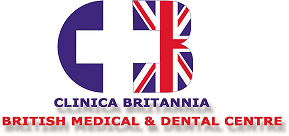An electrocardiogram records the electrical signals in your heart, it is a painless, non-invasive way to help diagnose many common heart problems in people of all ages. Your doctor may use an electrocardiogram to determine or detect:
- Abnormal heart rhythm (arrhythmia)
- If blocked or narrowed arteries in your heart (coronary artery disease) are causing chest pain or a heart attack
- Whether you have had a previous heart attack
- How well certain heart disease treatments, such as a pacemaker, are working
You may need an ECG if you have any of the following signs and symptoms:
- Douleur thoracique
- Dizziness, light-headedness or confusion
- Palpitations cardiaques
- Impulsion rapide
- Essoufflement
- Weakness, fatigue or a decline in ability to exercise

